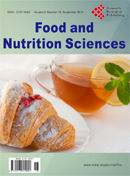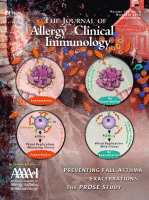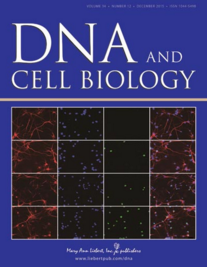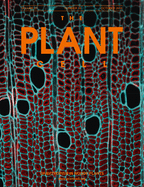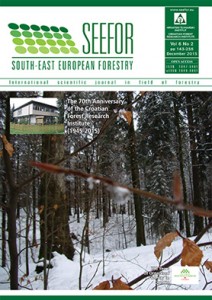 A paper on genetic variability in Austrian pine trees apparently didn’t vary enough from other work.
A paper on genetic variability in Austrian pine trees apparently didn’t vary enough from other work.
The journal is now retracting the 2012 paper for having significant overlap with another paper published in 2008. Another researcher pointed out the duplication — which was unintentional, according to the note, the result of
an apparent failure in communication between the co-authors on both papers which caused the papers to be overlapped.
The overlapping papers share a first author, Aleksandar Lucic, who works at the Institute of Forestry in Serbia. The other author on both papers is Vasilije Isajev, at the Faculty of Forestry in Belgrade.
“Analysis of Genetic Variability of Austrian Pine (Pinus nigra Arnold) in Serbia Using Protein Markers” was published in South-East European Forestry. The journal is not indexed on Thomson Scientific’s Web of Knowledge.
Here’s the retraction note:
Continue reading Paper on pine tree genetics chopped for duplication




